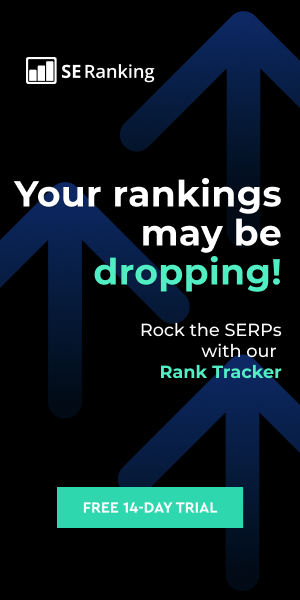Many business owners have unrealistic expectations of SEO, believing it can provide results instantly. Unfortunately, however, SEO should be seen as a long-term investment and will take time for results to materialise.
There are various factors that influence how long SEO takes to work, in this article I explore those variables and what you should expect from any SEO efforts.
Keyword Research

Keyword research is a critical aspect of SEO, and can take time. By discovering which search terms your audience uses when looking for products or services, as well as giving insights into competitor keywords, this research can provide invaluable information that helps determine which ones to target for optimisation purposes.
Keyword research can also help you gain an insight into the intent behind searches. For instance, “wedding cake ideas” has a different intent to “buy wedding cake near me.” Searchers using the latter have closer ties to making a purchase than users searching for “wedding cake ideas”. Understanding their intent allows you to tailor content and structure your website in such a way as to rank for these phrases.
Competing with established websites with a large authority and quality backlinks can make beating the competition a formidable challenge. Therefore, it is vitally important that you know and understand your competition’s strategy in order to have any chance at succeeding with highly competitive keywords.
Although waiting can be frustrating, it’s important to keep in mind that SEO results depend on a number of variables. Some elements include domain age and authority as well as link building, and new domains may take longer due to higher competition in their market.
On-Page Optimisation

On-page optimisation should result in higher keyword rankings for specific pages on a website and an increase in relevant traffic. It involves optimising page content, titles, tags, meta descriptions and internal linking while also optimising images with alt text and keywords included in their filename for search engines. Pages must also be optimised for speed by compressing images and decreasing server load times – these measures all combine together for successful on-page optimisation!
SEO can be an effective way of increasing web visibility, but the effects often take time to show. To be effective and reap maximum benefit from your investment in SEO, the primary aim should be generating qualified leads and sales – not rankings alone. Too often SEO firms rely solely on ranking data as it provides immediate return on investment – this may cause mismatch between what results you want and the metrics your marketing team measures.
Off-Page Optimisation

Off-page SEO, also known as website promotion, can help your search engine rankings as well as attract more traffic and increase sales. While its benefits may take some time to materialise, the key to successful off-page optimisation lies in choosing effective strategies and putting them into effect.
Off-page optimisation strategies such as link building, social media marketing and content promotion are outside of a website owner’s direct control but can help boost a site’s search engine ranking. Though less effective than on-page optimisation techniques, off-page strategies still have significant effects on ranking positions of websites.
One of the cornerstones of off-page optimisation is acquiring links. Google uses links as part of their algorithm, measuring quality and value as well as trustworthiness of pages that contain them.
The easiest way to gain links is by posting relevant content on popular websites, as this will lead to increased brand searches and mentions, leading to additional links. Try developing relationships with bloggers in your circle by offering guest posts for them or finding broken links on other sites and notifying their owners – this will allow them to reduce 404 errors and make their site more user-friendly leading to improved SEO rankings.
Link Building

Link building provides several distinct advantages for websites, with its primary benefit being an increase in search engine rankings. Google uses links as a form of voting, receiving high-quality links from other sites proves that you’re offering something worthwhile and leads to higher search engine rankings for your site and increasing traffic.
Link building’s primary advantage lies in increasing web traffic to your website, which in turn increases sales and revenues. But please bear in mind that results of link-building don’t show immediately – continue your link-building effort even when it doesn’t bring immediate gains.
Link building can be a lengthy, time-consuming process that may take months to see any tangible results. Along with creating backlinks, maintaining good relationships with other websites and bloggers is crucial for building a reputation, increasing SEO rankings, and expanding referral traffic. One approach would be creating content relevant to your audience – this will increase your chances of being shared and linked by complementary brands.
Conclusion
SEO is a long-term strategy that typically takes 6-12 months before reaping tangible results. For this reason, it is essential that realistic expectations be set so as not to become disillusioned when results do not materialise immediately. Having an understanding of what success looks like allows you to measure progress and make necessary adjustments as needed, thus ensuring your campaign stays on course to meet its objectives and ultimately succeed.










